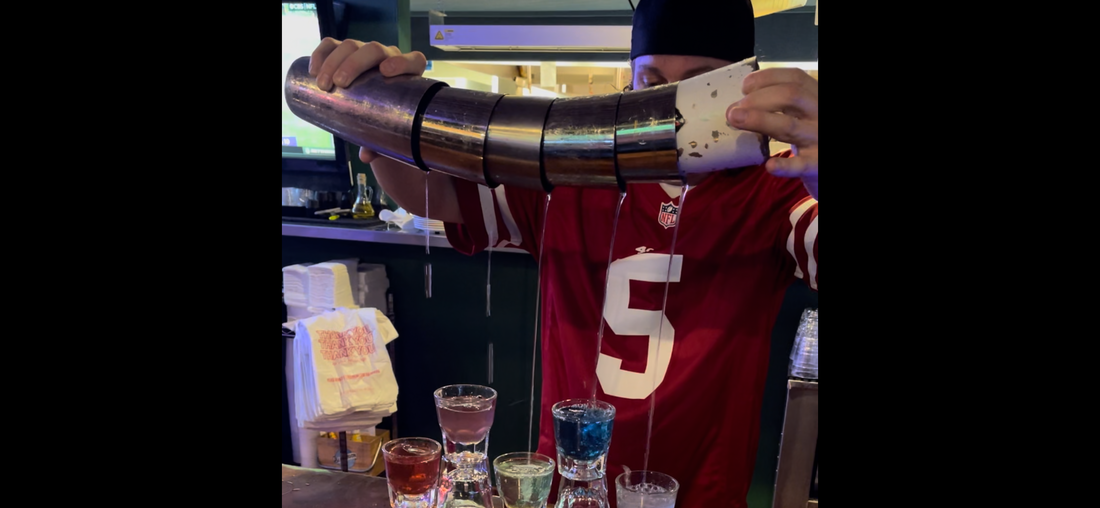A bartender's role involves preparing and serving alcoholic and non-alcoholic beverages to customers. They interact with patrons, take orders, mix drinks, and create cocktails according to recipes or customer preferences. Bartenders often engage in conversations, provide recommendations, and maintain a welcoming atmosphere. They also handle cash transactions, keep the bar area clean and organized, and may be responsible for restocking supplies. Effective communication, multitasking, and customer service skills are essential for a successful bartender.
Bartenders possess a range of hospitality traits that contribute to creating a welcoming and enjoyable experience for patrons.
Here are some key traits:
1. **Friendly and Approachable:**
Bartenders greet customers with a warm smile, making them feel comfortable and valued. They engage in friendly conversations, showing genuine interest in the patrons' preferences and stories.
2. **Listening Skills:**
Good bartenders are attentive listeners, paying close attention to customers' orders and preferences. They remember regulars' favorite drinks and engage in meaningful conversations to build rapport.
3. **Empathy and Understanding:**
Bartenders often encounter customers from various backgrounds and moods. They exhibit empathy and understanding, adapting their interactions to suit each individual's needs.
4. **Patience:**
Handling a busy bar requires patience, especially during peak hours. Bartenders remain calm under pressure, take time to interact with each customer, and manage wait times effectively.
5. **Product Knowledge:**
A knowledgeable bartender can recommend drinks based on customers' tastes, guiding them to try new options. They are well-versed in different types of alcohol, mixers, and cocktail recipes.
6. **Creativity:**
Bartenders showcase their creativity by crafting unique cocktails and suggesting personalized drinks. They experiment with flavors and ingredients to surprise and delight patrons.
7. **Problem Solving:**
When dealing with customer complaints or special requests, bartenders find solutions that satisfy patrons while upholding the bar's policies and standards.
8. **Time Management:**
Bartenders juggle multiple tasks simultaneously, such as mixing drinks, taking orders, and handling cash transactions. Effective time management ensures that customers receive prompt service. (Consolidation is Key).
9. **Cleanliness and Organization:**
A clean and organized bar enhances the overall experience. Bartenders maintain a tidy workspace, regularly restock supplies, and ensure glasses and utensils are spotless.
10. **Responsible Service:**
Bartenders prioritize responsible alcohol service by monitoring customers' consumption, recognizing signs of overindulgence, and ensuring patrons have a safe way to get home.
11. **Team Player:**
Bartenders collaborate with other staff members, such as servers and kitchen staff, to ensure seamless operations. They help colleagues during busy periods and contribute to a positive work environment.
12. **Adaptability:**
Bars can have different atmospheres and customer expectations. Bartenders adapt their approach based on the type of establishment, whether it's a lively nightclub, upscale lounge, or casual pub.
13. **Showmanship.**
Entertaining and skillful presentation techniques that bartenders use while crafting and serving drinks. It involves flair bartending, where bartenders perform impressive tricks, juggling, and acrobatics with bottles, shakers, and other bar tools. Showmanship adds an element of excitement and spectacle to the bar experience, captivating customers and enhancing their overall enjoyment.


